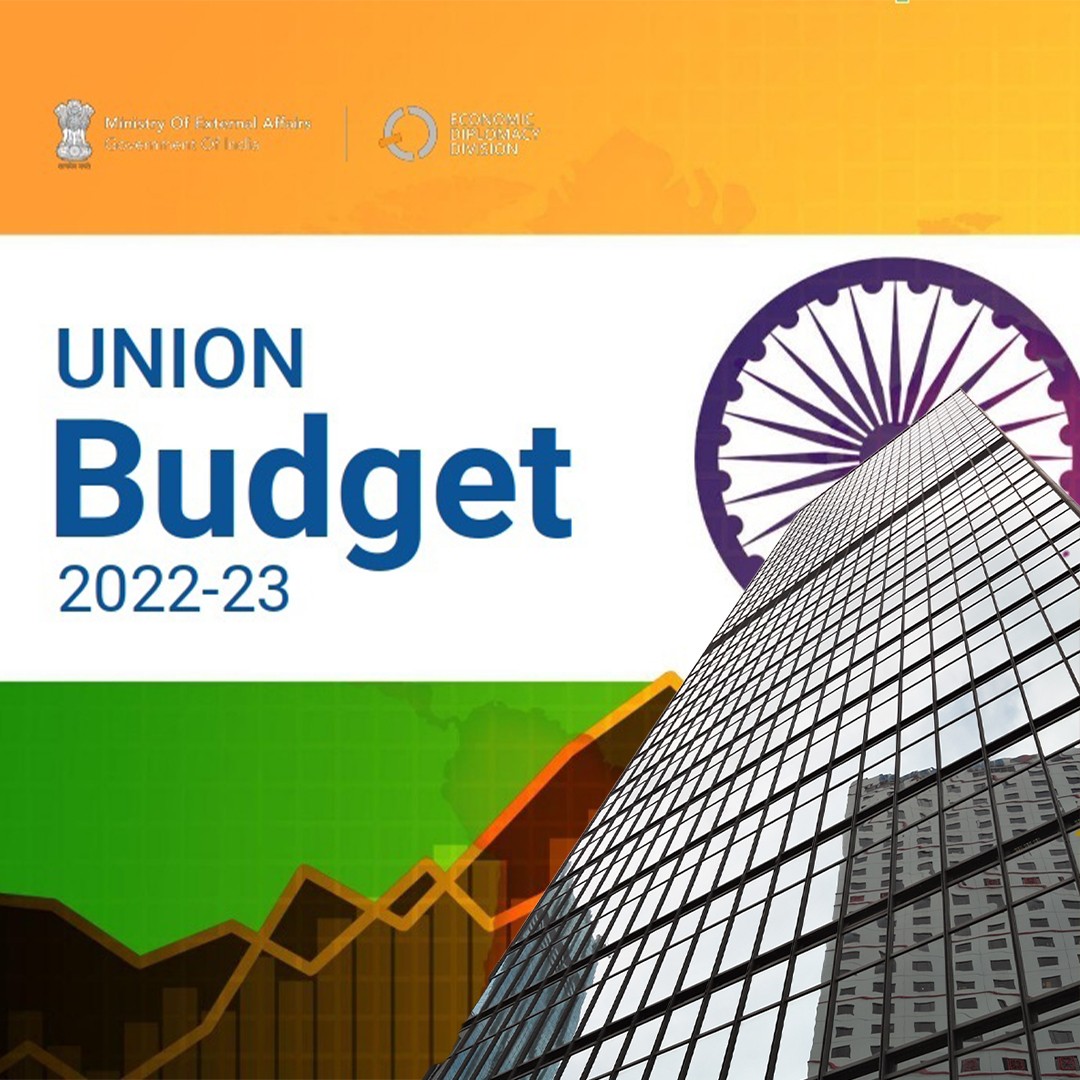In 2022, India’s real estate market is seeing robust growth in demand, which is projected to continue for the remainder of the year. The general market prognosis for the real estate business is favourable, from commercial spaces to the residential market.
Despite pandemic challenges, the industry has shown resilience and consistent growth in 2021. For a time, India’s first wave of COVID-19 brought the sector to a halt. However, by the fourth quarter of 2020, the market had begun to speed up, thanks mainly to increased demand for residential spaces. The second wave of COVID-19 struck the industry just as it was reviving. Unlike the first wave, the second wave’s ramifications were not as long or visible. Vaccination campaigns and decreased infection rates boosted market confidence. Furthermore, the holiday season fueled the sector’s expansion.

The sector made a significant recovery as a result of these causes. The rise seen in Q3 2021 is expected to continue, and the year will close on a high note. According to research, residential sales increased by 65% sequentially in the third quarter of 2021. The sector will also benefit from a low-interest-rate system, duty exemptions (in some states), realistic property pricing, and appealing offers, leading to inexpensive synergies.
The real estate index has surged by 75% last year and is the second-best performing sector index, outperforming the benchmark index Nifty50. Real estate has made a return and is likely to thrive in the coming year, thanks to record low lending rates and temporary stamp cuts.
The year 2022 will be significant in the real estate industry.

In the residential category, the real estate market in India is expected to rise by roughly 5% in capital value by 2022. Meanwhile, when office employment restarts, the business sector’s rebound and the flight-to-quality trend will likely keep rents constant and rising in 2022.
The Budget Impact:

The Government of India has launched a variety of measures to promote real estate purchases. The decisions made in the Union Budget 2022-2023 will contribute to creating a vibrant environment in the real estate industry.
The government prioritises affordable housing while also searching for ways to bolster current financing to offer liquidity to stalled real estate projects. The Government of India extended the deadline for providing pucca dwellings to all rural Indian families to 2024 in the first week of December. The Cabinet determined that the main rural initiative, Pradhan Mantri Awas Yojana-Gramin, will get an additional INR 2.17 lakh crore in Central and State financing to meet its aim of constructing 2.95 crore dwellings.
The Reserve Bank of India’s (RBI) Monetary Policy Committee (MPC) has stated that the repo rate and reverse repo rate will remain unchanged for the eleventh time in a row determining the MPC set the tone for the year, indicating that it is focused on growth. Holding the interest will help to increase consumer affordability and maintain existing demand patterns.
Continual Expansion:

According to NITI Aayog, the Indian real estate sector would be worth $1 trillion by 2030 and contribute 13% of India’s GDP by 2025. The real estate industry, which is now the third-largest contributor to economic growth, is predicted to continue its rising trend in 2022.











